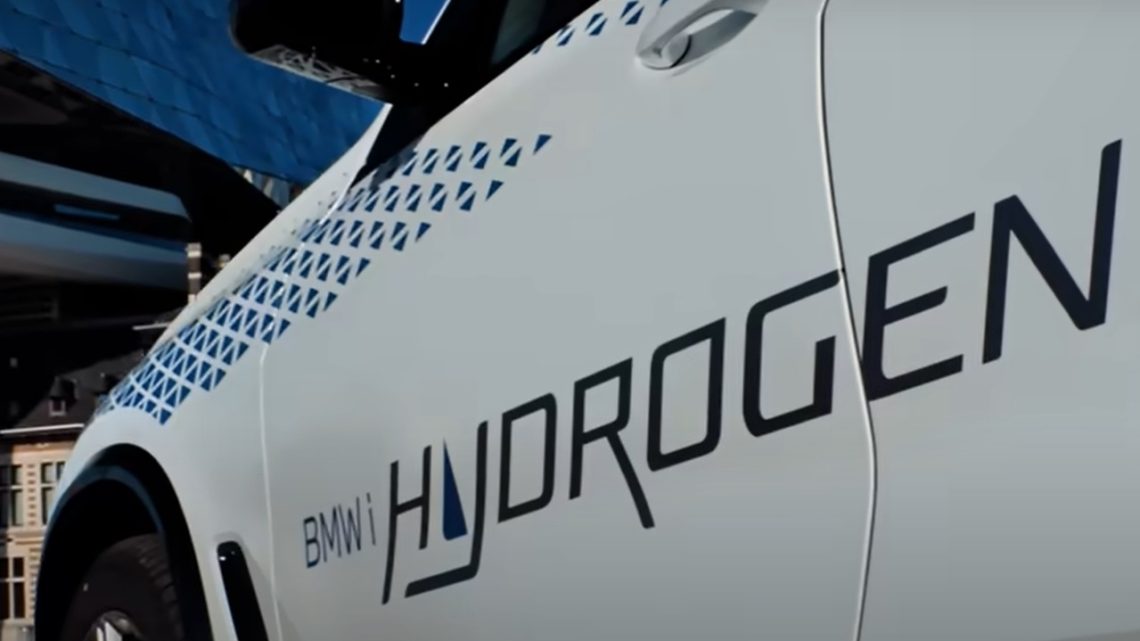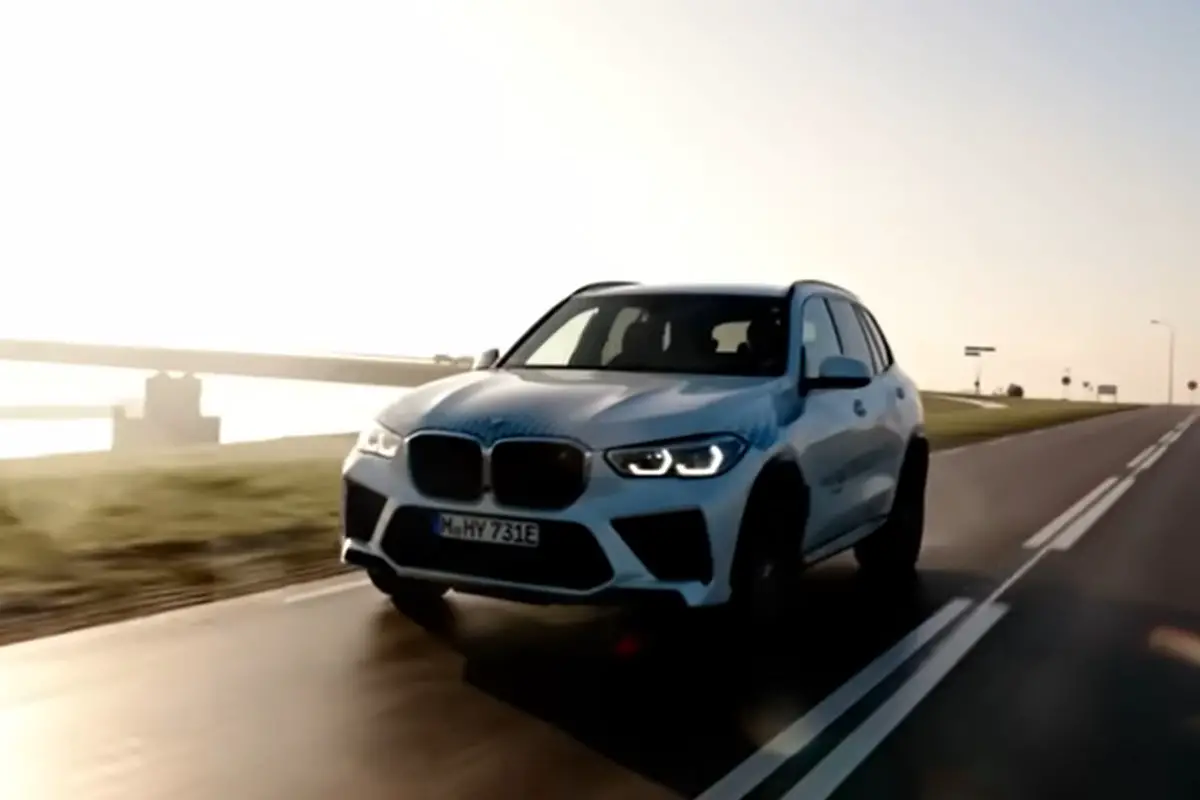
Unlike other automakers, BMW isn’t shying away from hydrogen vehicles
February 1, 2024BMW is ditching EVs and backing hydrogen engines.
Many believe that passenger hydrogen vehicles face too many challenges to ever reach the widespread adoption that electric cars have achieved, but BMW is not among them. The German automaker hasn’t given up on hydrogen-powered cars and believes that in the long term, hydrogen engines will prove vital in various parts of the world.
Hydrogen engines – a potential game changer.
Why? Those like BMW who support the development of this technology believe that hydrogen cars align well with what will likely be the top priorities of the next transportation era. These priorities include quick refueling, fast performance and zero emissions.
Though hydrogen fuel cell vehicles share similarities with electric vehicles, hydrogen vehicles have certain advantages that present day EVs lack. The top two benefits are fast refueling and a long driving range that remains consistent, no matter the temperature.
Key advantages aside, because BMW is in the minority of automakers who want to develop hydrogen technology for passenger vehicles, there are presently many challenges (e.g. cost of producing hydrogen and lack of infrastructure) standing in the way of passenger hydrogen vehicles gaining extensive traction in the auto industry.
BMW iX5 Hydrogen Vehicles to hit dealerships in 2024.
In spite of the challenges, this hasn’t stopped BMW from moving forward with its hydrogen vehicles plans. In fact, the company is reportedly set to introduce its H2 SUV, the BMW iX5 Hydrogen, as well as two other hydrogen vehicles at its dealerships this year.

BMW iX5 Hydrogen vehicle driving on road – Image Source – BMW Group YouTube
The BMW iX5 hyrogen SUV concept uses fifth-generation fuel cell technology and BMW eDrive electric motor propulsion and has 400+ horsepower. The vehicle’s approximate range is 313 miles and can hit a top speed of 115 mph, 0 to 60 mph in 6 seconds. The iX5 Hydrogen is comparable to top electric cars like Tesla Model Y.
A long road ahead.
 Still, as enthusiastic as BMW is about hydrogen engines’ significance in the long term, the current reality is that this technology has barely taken off in terms of passenger cars across the globe. In fact, sales of these vehicles have dipped in countries where the vehicles are most prevalent, including Japan and South Korea.
Still, as enthusiastic as BMW is about hydrogen engines’ significance in the long term, the current reality is that this technology has barely taken off in terms of passenger cars across the globe. In fact, sales of these vehicles have dipped in countries where the vehicles are most prevalent, including Japan and South Korea.
Even in the United States, there are only about 15,000 hydrogen cars on roads, and they’re all in California. This is a tiny number compared to the 2.5 million electric vehicles on the nation’s roads.
Regardless, it will be interesting to see what happens when BMW introduces its BMW iX5 Hydrogen and two other hydrogen vehicles this year. After all, while EVs may have the upper hand now, there’s always room for more eco-friendly vehicles and no clean fuel is a one-size fits all solution.
Ready to test your knowledge on the most abundant element in the universe? Take our fun and engaging Hydrogen Quiz now! [forminator_quiz id=”58712″]



 With over 15 years of reporting hydrogen news, we are your premier source for the latest updates and insights in hydrogen and renewable energy.
With over 15 years of reporting hydrogen news, we are your premier source for the latest updates and insights in hydrogen and renewable energy.
I would buy a BMW iX5 hydrogen powered car tomorrow, but here in the UK there are hardly any hydrogen filling stations, because there is no demand due to the very high price of hydrogen at the few filling stations that are open; this is because it is produced from expensive grid electricity. While the UK Government is promoting EVs they have no plans to develop the infrastructure of hydrogen filling stations, which is bad for cars but even more important for heavy vehicles, as it will take many years to convert HGV fleets from diesel to hydrogen-electric power.
Unlike hydrogen fuel cell technology, Bob Lazar created a Corvette to run on hydrogen and he goes into great detail on the hurdles he had to overcome to get it all to work: swisscows.com/en/web?query=Bob+Lazar+Hydrogen+Powered+Corvette
Why not put a fuel cell in the car and make the fuel as you drive.